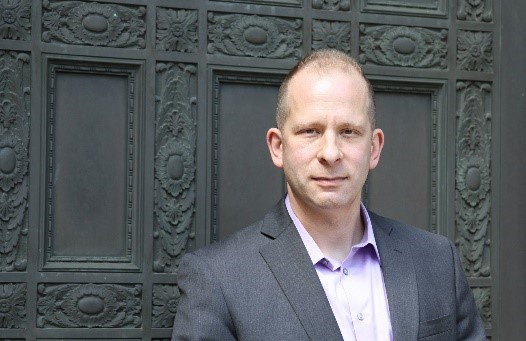首页﹀
The Work-from-Home Technology Boon and its Consequences
2021-09-17
Time:10:00 am - 11:30 am, Sept. 17th, 2021
Platform:Zoom
Speaker:Morris A. Davis
(Rutgers University)
Link:https://us06web.zoom.us/j/83034958277?pwd=emkyd0NTQVhiR2xKbGpUZVNnekQwZz09
Meeting ID:830 3495 8277
Passcode:inse
Abstract:
We study the impact of widespread adoption of work-from-home (WFH) technology using an equilibrium model where people choose where to live, how to allocate their time between working at home and at the office, and how much space to use in production. A key parameter is the elasticity of substitution between working at home and in the office that we estimate using cross-sectional timeuse data. The model indicates that the pandemic induced a large change to the relative productivity of working at home which will permanently affect incomes, income inequality, and city structure.
Speaker:

Professor Morris A. Davis is the Paul V. Profeta Chair of Real Estate and the Academic Director of the Center for Real Estate Studies at the Rutgers Business School. Previously, Professor Davis was the James A. Graaskamp Chair of Real Estate in the Department of Real Estate at the University of Wisconsin-Madison and was the Academic Director of the James A. Graaskamp Center for Real Estate. He is an Adjunct Scholar at the American Enterprise Institute, is a Senior Scholar of the Opportunity and Inclusive Growth Institute of the Federal Reserve Bank of Minneapolis and is an independent director of the AGNC Investment Corp. (ticker: AGNC) mortgage REIT. Earlier in his career, Professor Davis was an economist at the Federal Reserve Board where he routinely briefed Alan Greenspan on housing and macroeconomics. He is widely published on issues related to the U.S. housing markets and has developed price indexes for land in residential use. Professor Davis is regularly interviewed by NPR Marketplace, Bloomberg Radio, the Wall Street Journal, and the New York Times on house prices and housing markets and is a frequent lecturer at Universities and Central Banks around the world. He received a Ph.D. in Economics from the University of Pennsylvania in 1998.

